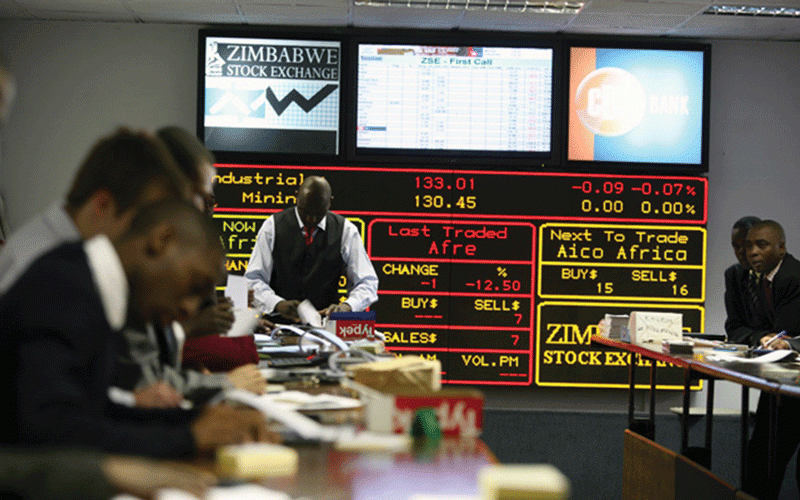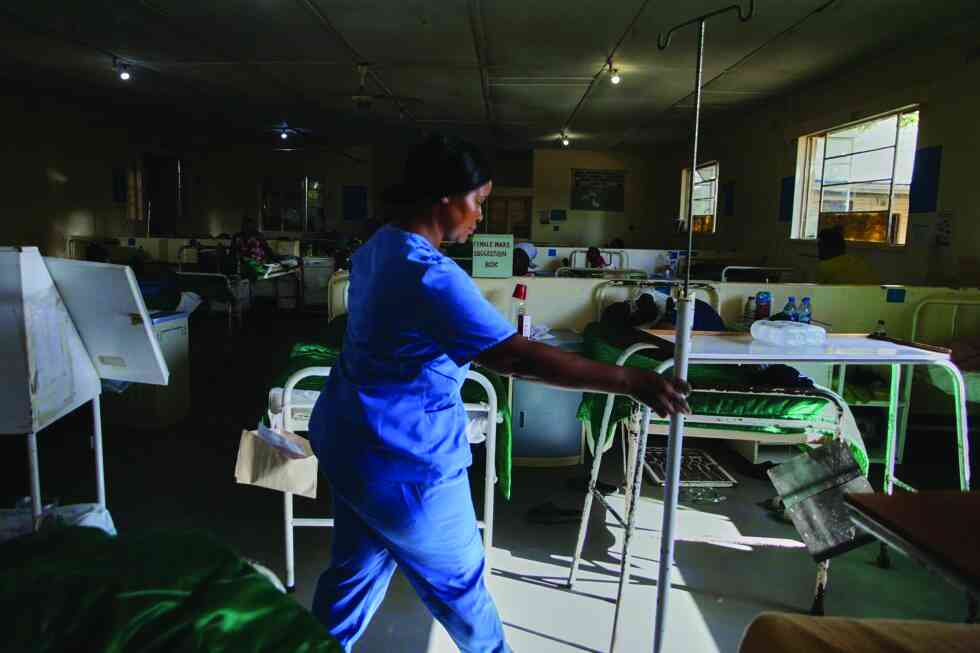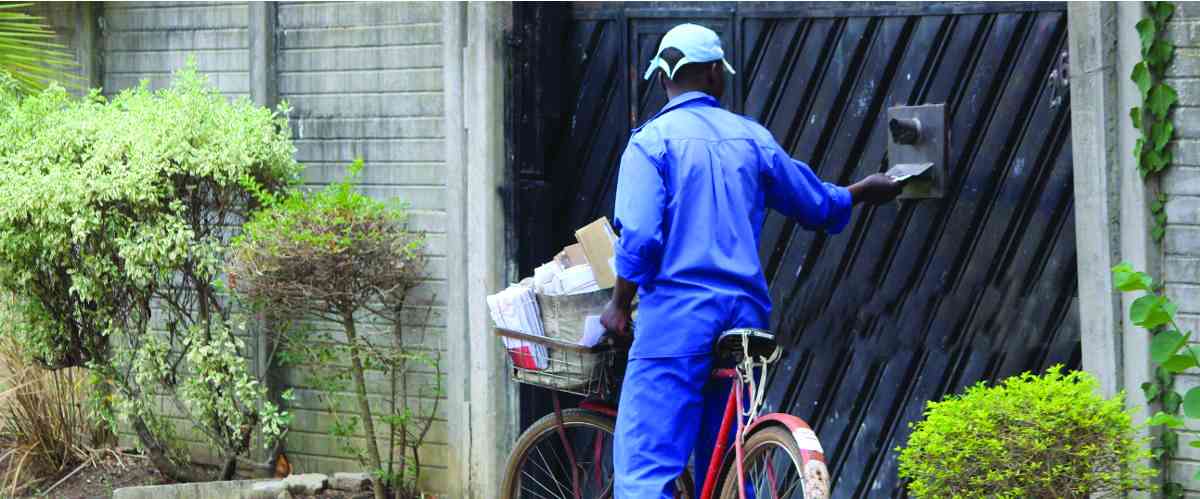
ZIMBABWE’S investment landscape has faced significant setbacks as investor sentiment continues to deteriorate, weighed down by pervasive red tape, corruption and a largely informal economy, according to a market outlook report by Fincent Securities.
The report released this week, titled Balancing Act: Strategies for Capital Preservation and Recovery in 2025, calls for urgent reforms to address the challenges stifling investor confidence.
“Investor sentiment is negative with the government’s failure to create a conducive business environment evident as enterprises grapple with navigating intricate layers of bureaucracy and corruption to obtain necessary permits for establishing operations in Zimbabwe,” the report noted.
“Also the economy has become largely informalised.”
It also stated that investor sentiment at the close of 2024 had hit a low point.
Foreign investors sold their stakes in major companies such as Simbisa and Innscor to repatriate proceeds, while local investors faced mounting financial pressures during the fourth quarter.
“This compelled many to either redirect new inflows elsewhere or sell shares to raise funds, despite recognising that the market was undervalued,” the report explained.
It highlighted that foreign investor participation remained low throughout the year on the Zimbabwe Stock Exchange (ZSE), with April standing out as the month with the highest foreign activity.
- Simbisa Brands mulls VFEX listing
- Simbisa Brands listing boost for VFEX
- Simbisa unveils broad VFEX listing roadmap
- ‘Nedbank financial instrument listing on VFEX a game-changer’
Keep Reading
Despite April recording the lowest total turnover for the year, foreign buys and sells accounted for 61% of the total turnover. Local investors faced liquidity constraints due to the introduction of a new currency.
“Many local investors were uncertain about the currency’s value and whether shares were over or under-priced. The surge in foreign participation was attributed to a stable currency and positive sentiment surrounding the newly-appointed central bank governor (John Mushayavanhu),” it said.
Foreign investor participation on the Victoria Falls Stock Exchange (VFEX) also remained subdued in 2024, except for notable spikes in July and December.
In July, foreign buys and sells accounted for 74% of the total turnover, driven by portfolio rebalancing as some investors exited the ZSE, which was at its peak, to acquire stakes in undervalued blue-chip counters on the VFEX, impacted by liquidity challenges.
In December, foreign sales amounted to US$17,9 million, primarily in Simbisa and Innscor shares.
“The direction of these proceeds in 2025 will be pivotal, determining whether they are channelled outside the country or reinvested in the ZSE, where many counters remain undervalued,” the report reads.
In 2025, the securities company anticipated a slight improvement in foreign participation, particularly from the existing foreign contingent given the reduction of capital gains withholding tax to 1%.
The market’s current low valuations could attract a different profile of investor — those who see opportunities in depressed markets, it said.
“Local investors, to the extent that they have idle funds, are most likely to favour equities in 2025 upon a turnaround of events,” Fincent said in the report.
“In 2025, investors should strategically time bull markets to secure profits and take advantage of bear markets to acquire undervalued stocks at discounted prices.
“Meanwhile, VFEX activity remains steady, with limited opportunities for speculation but potential for long-term investors.”
Last year, ZSE experienced two major bull runs, peaking at US$3,6 billion in the first quarter and US$4,2 billion in July, before ending the year in a bear market at US$1,7 billion.
The government projected the economy to grow by 6% this year, slightly below the initial forecast of 6,5%.
While the official narrative paints a promising picture, the growth forecast is based on assumptions of normal to above-normal rainfall, stable exchange rates, low inflation, and tight fiscal and monetary policies.
However, these assumptions are increasingly tenuous, analysts warned.
“Exchange rate instability, inflationary pressures, and the challenging investment climate suggest that the economic recovery may be less robust than projected, leaving businesses and households grappling with persistent uncertainties,” Fincent further stated.
“In the face of these hurdles, a strategic and cautious approach is imperative. Reforms aimed at improving governance, stabilising the exchange rate, and fostering investor confidence could transform difficulties into opportunities.
“For now, Zimbabwe’s economic environment demands prudent decision-making and a focus on building resilience, laying the groundwork for sustainable growth in the years ahead.”
Without substantial policy reforms and external support, Fincent said Zimbabwe was likely to face continued economic stagnation and rising poverty.











